Pedro Castillo, a 51-year-old farmer and a primary school teacher took on July 28, 2021 office as Peru’s president, after a bitterly opposed election.

Pedro Castillo was born on October 19, 1969, in the village of Poona, Peru, to a farmer and worked as a primary school teacher from 1995 to 2020.
He began his political career in 2002 but gained notoriety when he presided over a strike in 2017 to demand an increase in teachers' salaries.
He unexpectedly won the first round against 17 other candidates.
Pedro Castillo defeated former president's daughter Keiko Fujimori by 44,000 votes in the presidential election.
Peru's presidential election was held in June this year, but the counting of votes continued for more than a month.
Who is Pedro Castillo?
Castillo has four identities. Together, they make him a very unusual president.
Castillo is a peasant farmer from a northern region of Peru called Cajamarca. There are very important gold mines there, but the people are impoverished. One of Castillo’s campaign slogans is, “There shouldn’t be poor people in a wealthy country.”
As a candidate, he stuck to his rural identity. He did not start dressing like a city person. He likes to be portrayed with his hat and sandals, working the land.
Castillo’s second identity is as a primary school teacher. That is an important role in poor parts of Peru, because they don’t have enough schools or teachers. He is also a union organizer. In 2017, he led a major national teachers’ strike.
Finally, Castillo is associated with the “ronderos” – peasant patrollers. Peasant patrols, or “rondas,” were established in Cajamarca in the 1970s to defend against cattle-rustling and by the 1980s most rural areas of Peru had them to protect communities from the Shining Path’s Marxist insurgency.
This background makes Castillo very representative of certain sectors of Peru that have not been recognized in its political system.
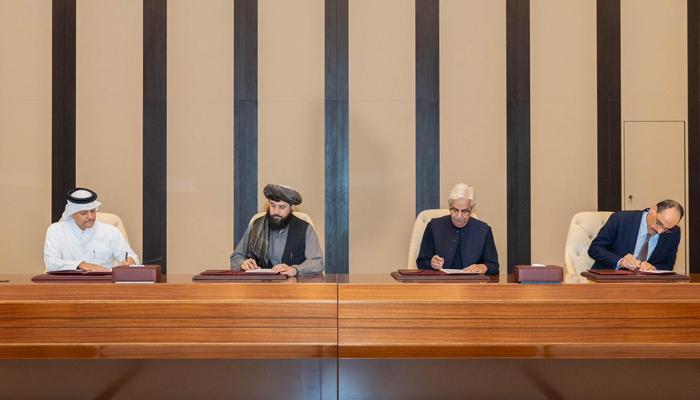
Pakistan rejects Afghan Taliban’s offer to shift TTP to new location
- 8 hours ago
Smog: Punjab announces new school timings from tomorrow
- 29 minutes ago
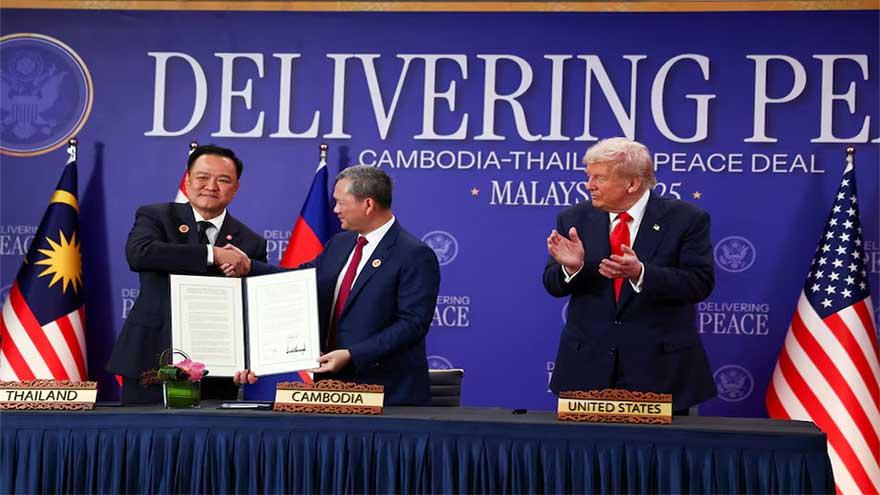
Trump says preferred ending wars through trade rather than engaging in conflict
- 6 hours ago

NFL replay review success rates have skyrocketed. A new camera feed may be why
- 11 hours ago
Pakistan-Kazakhstan counter terrorism exercise concludes
- a day ago
Field Marshal Asim Munir praises Egypt’s role in regional peace
- a day ago

Dest's starting spot with the USMNT doesn't look as secure as it once did
- 11 hours ago
PM Shehbaz announces restoration of domestic gas connections
- an hour ago

Court cannot grant khula without the woman’s consent, rules SC
- a day ago
Prison film fest brings Hollywood and healing to US jailhouse
- 43 minutes ago
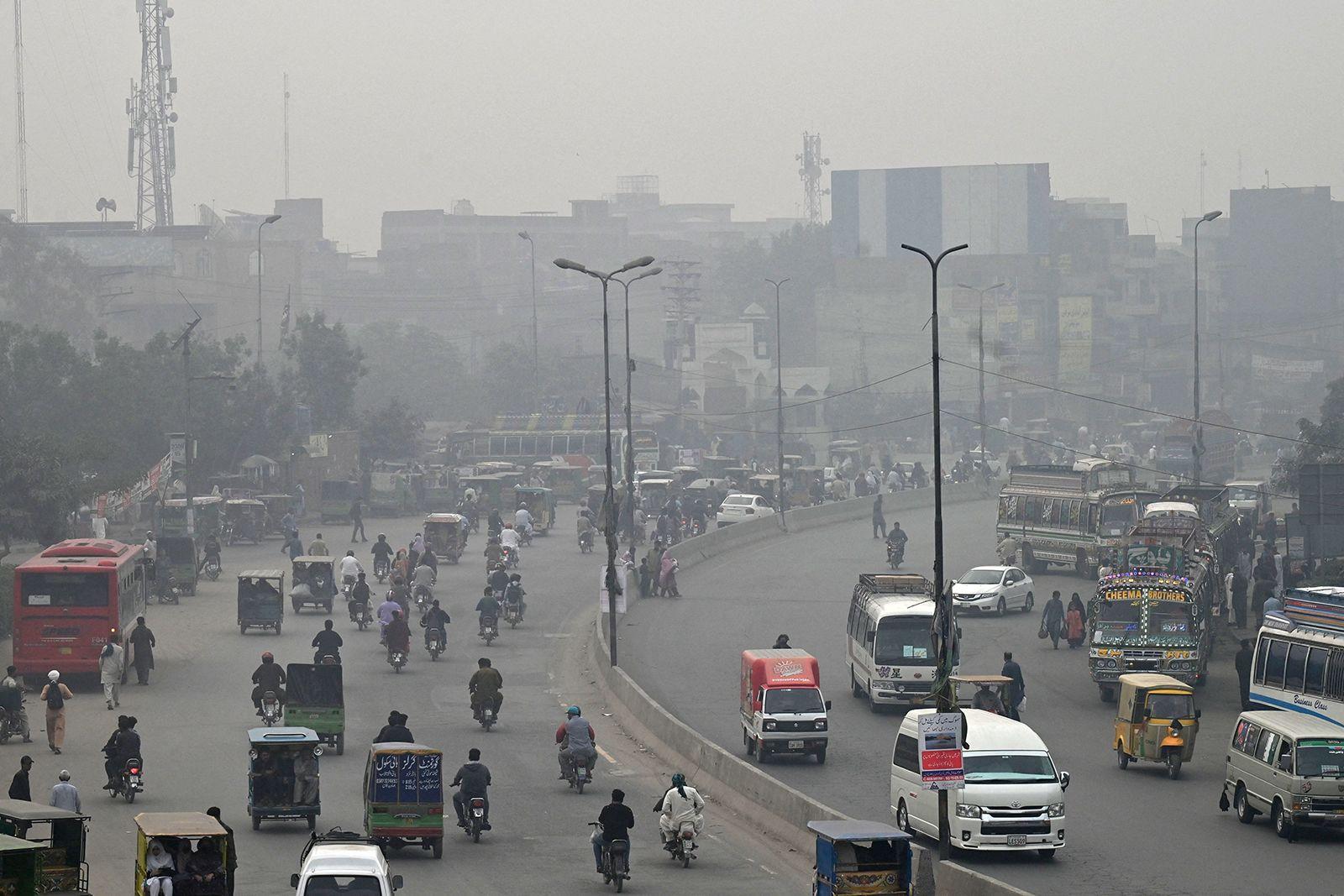
Cities across Punjab experience sharp rise in air pollution
- 6 hours ago
Two suspects arrested after Louvre jewel heist: sources
- an hour ago

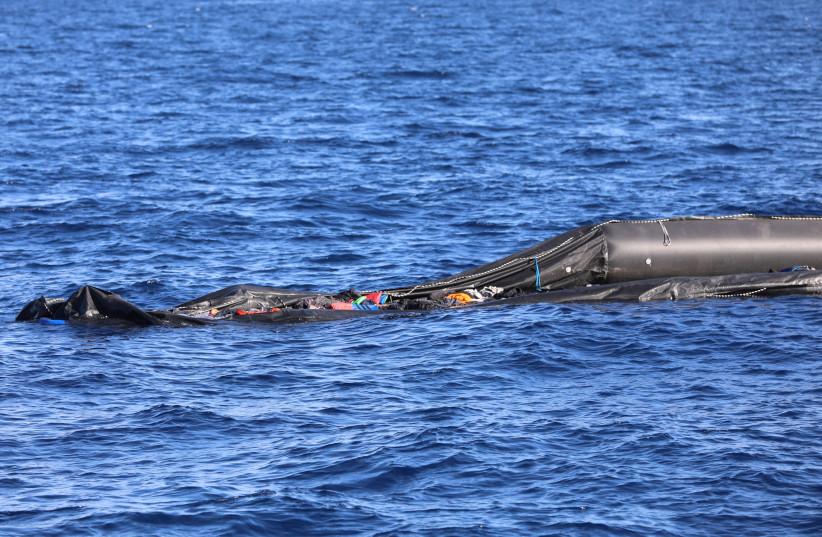
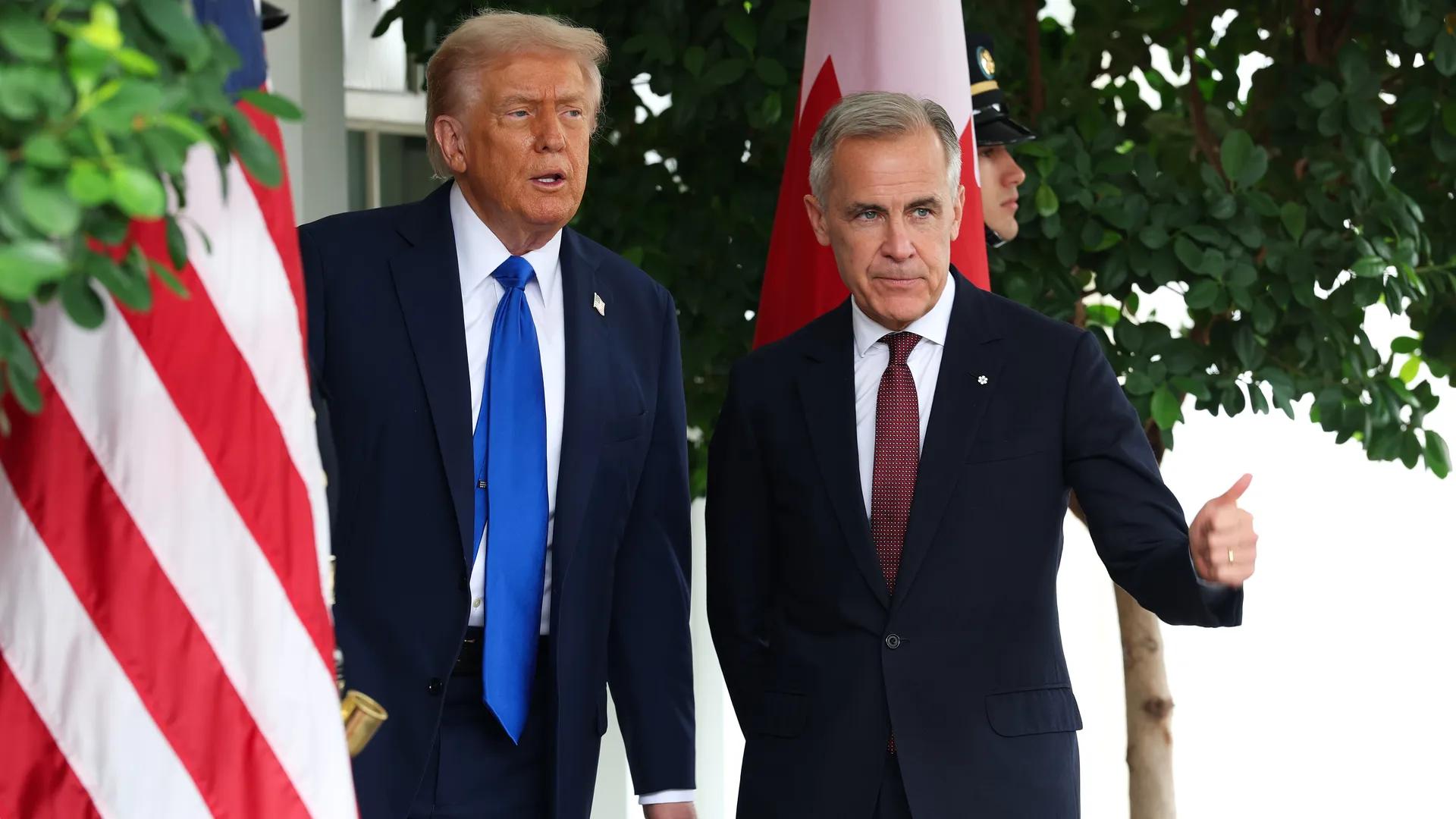
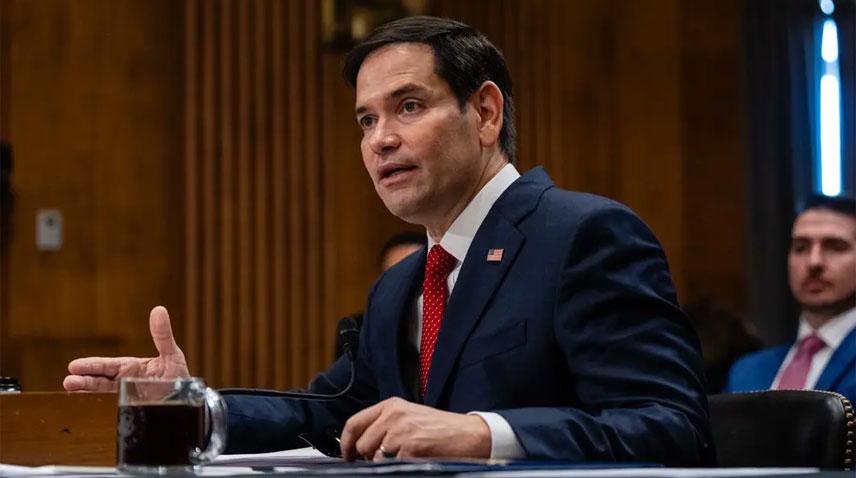
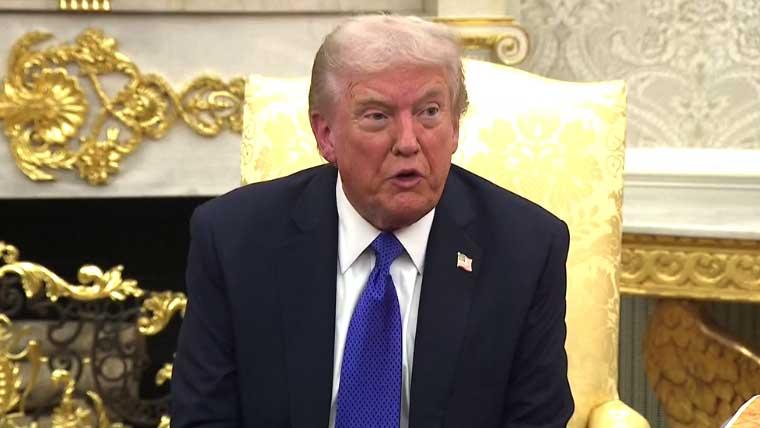
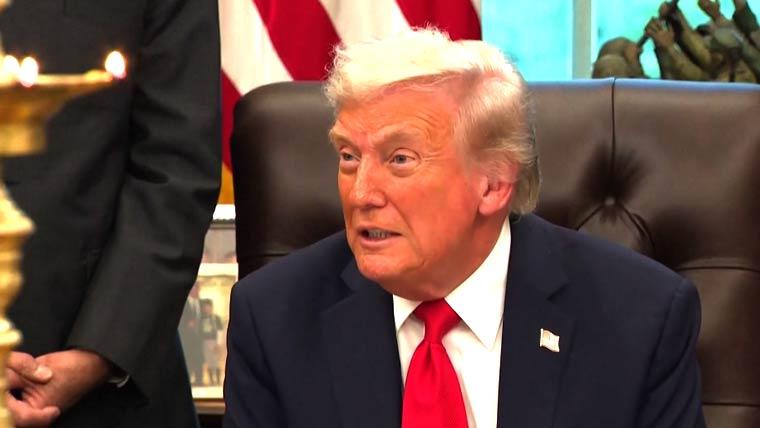
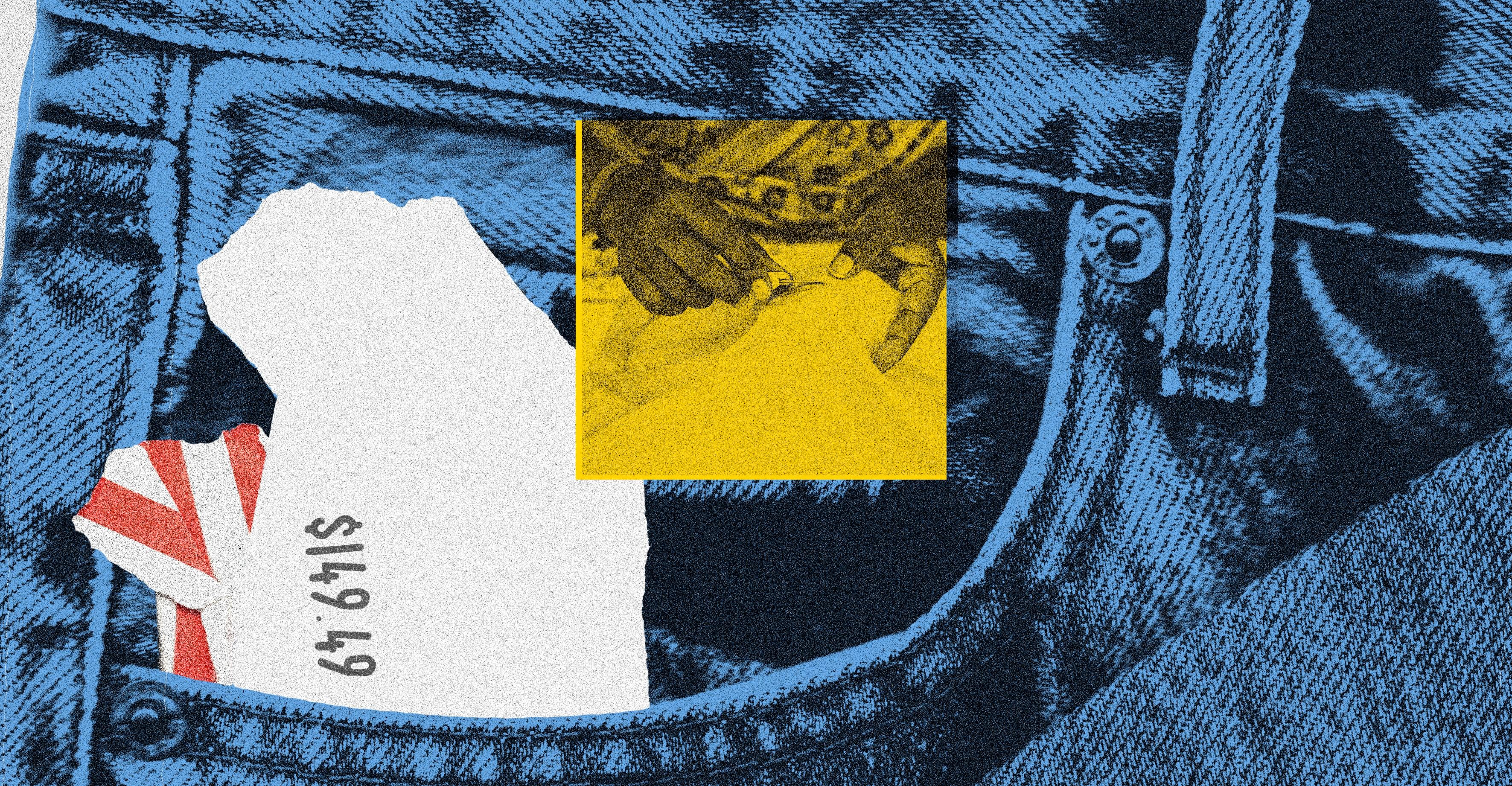
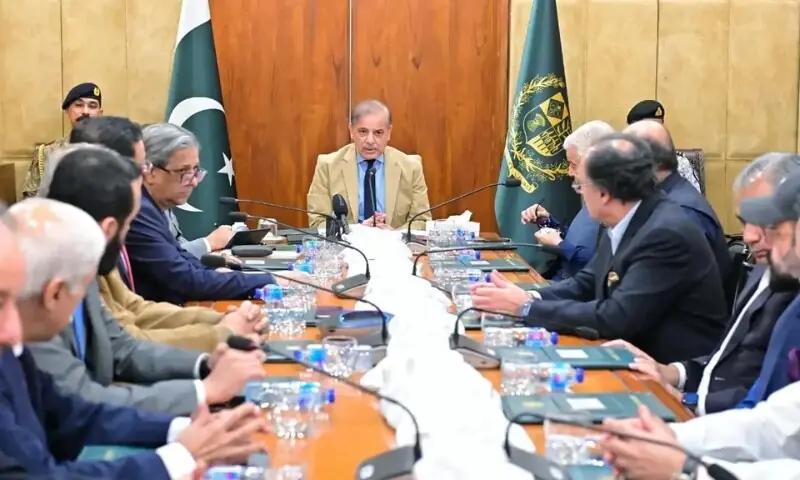
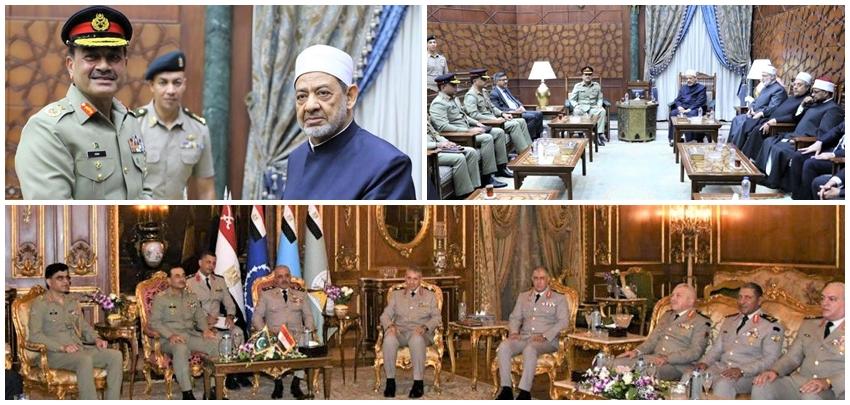

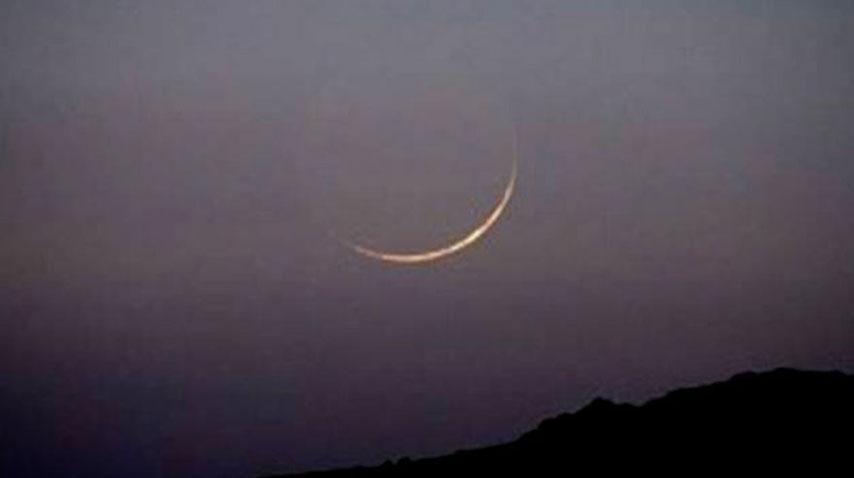
.jpg&w=3840&q=75)